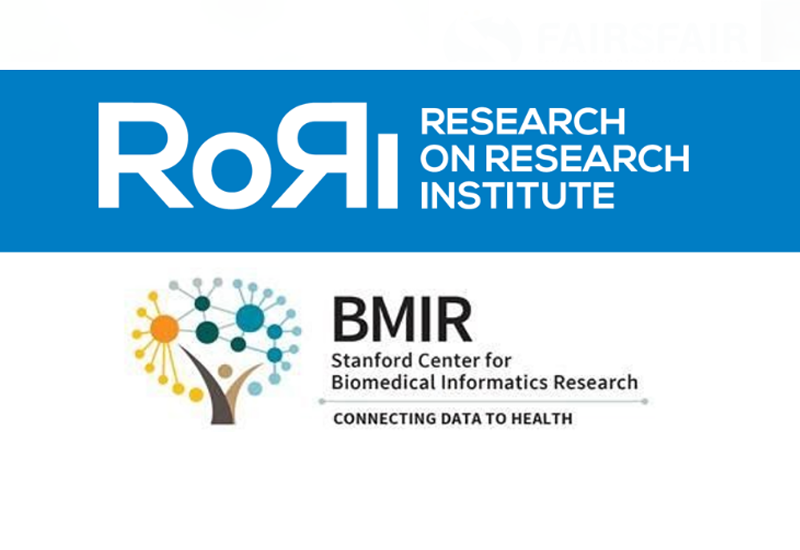RoRI selects the Stanford Center for Biomedical Informatics Research to lead FAIRware initiative to promote open research outputs.

The Research on Research Institute (RoRI) has appointed the Stanford Center for Biomedical Informatics Research (BMIR) to help deliver the RoRI FAIRware project, an initiative to develop new open research tools. Specialising in systems and software design, the Stanford Centre has devised an innovative way to help researchers increase their adoption of the FAIR principles (Findability, Accessibility, Interoperability, Reusability).
Stanford’s approach focuses on helping researchers ensure that the datasets they produce are FAIR at the point of creation and will feature extensive consultation with researchers via a series of ‘Metadata for Machines’ workshops. The M4M workshops are an innovation of the GO FAIR Foundation and allow for quick generation of metadata templates for the description of datasets and other outputs within a given research discipline. The FAIRware tool will use these templates to provide researchers with actionable, real-time advice on how they can structure their datasets to maximise re-use at the point of creation. The project will benefit from input from expert groups within the FAIR research ecosystem including the GO FAIR Foundation, the European Commission’s FAIRsFAIR project, and the FAIRsharing.org team based at Oxford University, as well as RoRI’s extensive network of research funders and their grantees.
Yo Yehudi, Open Source Technology Lead at the Wellcome Trust, said “We’re delighted by the vast potential of the FAIRware project to make research outputs more discoverable and usable, and ultimately speed up the discoveries we want our funding to produce. The Stanford Center for Biomedical Informatics was chosen for their thoughtful approach to the inherent challenges posed by automation of the FAIR principles across a range of disciplines, and their thinking on how such tools could be effectively incorporated into researcher practices.”
“My team is excited by the strong commitment of the FAIRware funders to open science, and we are thrilled to be working in close collaboration with the funders and with so many colleagues to build the infrastructure needed to make FAIR data the norm in scientific research,” said Mark Musen, MD, PhD, Professor of Medicine and director of the Stanford Center for Biomedical Informatics Research. “Existing Stanford technologies, such as BioPortal and CEDAR, coupled with the new FAIRware workbench, will greatly enhance access to scientific data — not only allowing the verification of research results, but also enabling the exploration of existing data sets to make new discoveries.”
The project aims to have a beta version of the FAIRware tool ready in the summer of 2022, initially focusing on a small number of disciplines with the potential to be expanded to any field in which datasets are routinely generated. All outputs and documentation proceeding from the project will be made openly available under an open-source licence to allow anyone to extend the code written by BMIR.
Readers can keep up to date with the project’s process by heading to ResearchOnResearch.org/projects and clicking on the tab marked ‘FAIRware’.
More info in the official webpage: https://researchonresearch.org/tpost/9f5ems1x81-rori-selects-the-stanford-center-for-bio
